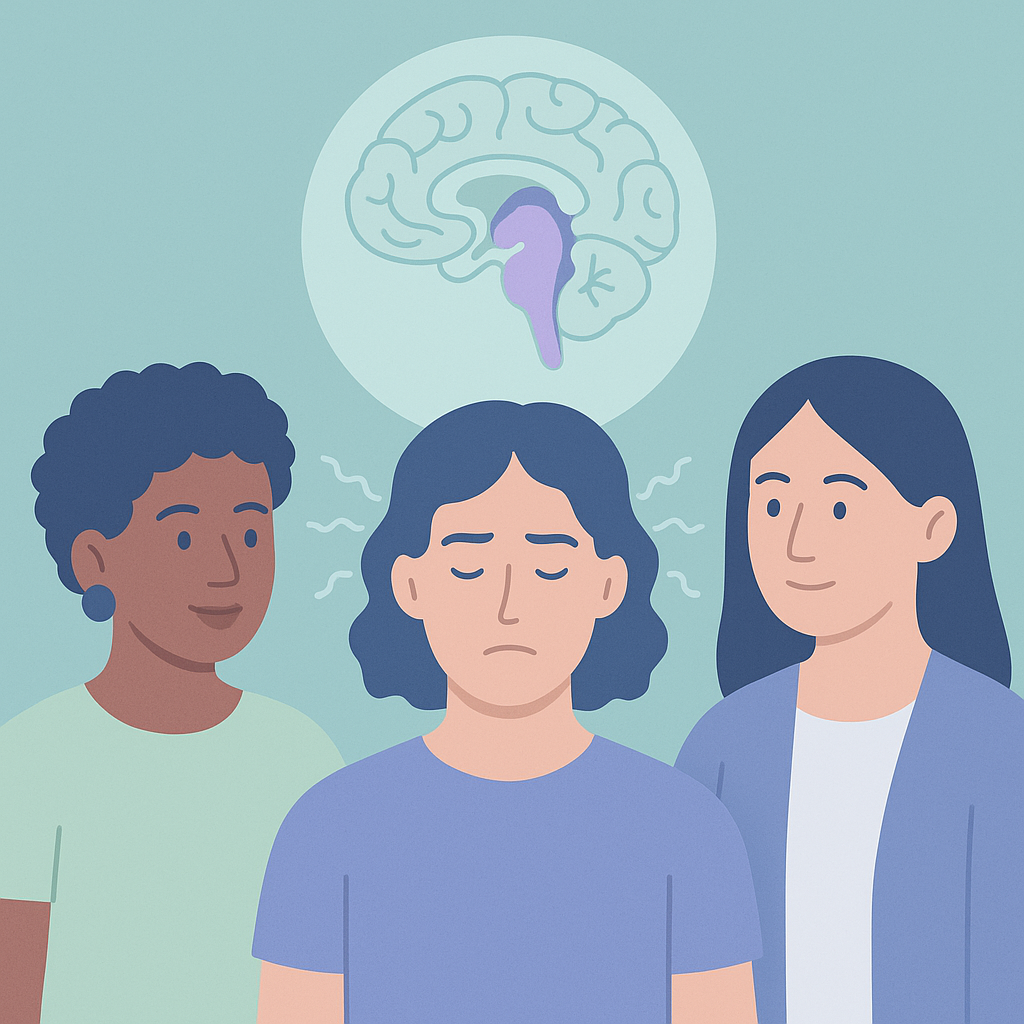The Hippocampus and Epilepsy: Why It Matters
Summary
Researchers examined the role of the hippocampus, a key part of the brain involved in memory and emotion, in the development of epilepsy. They focused on how different changes in the hippocampus, such as structural alterations and disruptions in brain circuits, can contribute to the onset of seizures. The study looked at various mechanisms that might lead to these changes, including inflammation and damage to brain cells.
The main finding of the research is that the hippocampus is particularly vulnerable to seizures and that these seizures can cause further damage to its structure and function. This damage can lead to a cycle where the brain becomes more prone to future seizures. The study highlights that specific changes in the hippocampus, like abnormal cell growth and disrupted communication between neurons, play a significant role in the development of epilepsy.
This research is important because it helps us understand how epilepsy can develop and progress, which may lead to better treatments in the future. However, it is essential to note that this study is observational and may not provide a complete picture. More research is needed to confirm these findings and explore how they can be applied in clinical settings.
Related reading
- New Nanocapsules Target Brain to Treat Epilepsy and Improve Mood
- Cinnabar Shows Promise for Managing Seizures in Mice
- New Compound Shows Promise for Treating Epilepsy Seizures
- New Method Identifies Seizure Areas Using EEG Data
- Studying BK Channel Changes in Skin Cells of Patients
Free: Seizure First Aid Quick Guide (PDF)
Plus one plain-language weekly digest of new epilepsy research.
Unsubscribe anytime. No medical advice.





